
Examining epistemology
Julie Arliss
Knowledge is not the same as belief. What things can we know, ‘beyond reasonable doubt’? This is the task for a jury sitting in a court room and is the opening question of this session. A range of ideas will be presented from across the curriculum to explore the difference between that which can rationally be said to be ‘proved’ and what it is reasonable to believe. This session will give academically able students, thinking tools with which to test factual claims. In addition there will be an evaluation of the claim that there are some areas of human experience, such as claims to religious experience, which require different tests.
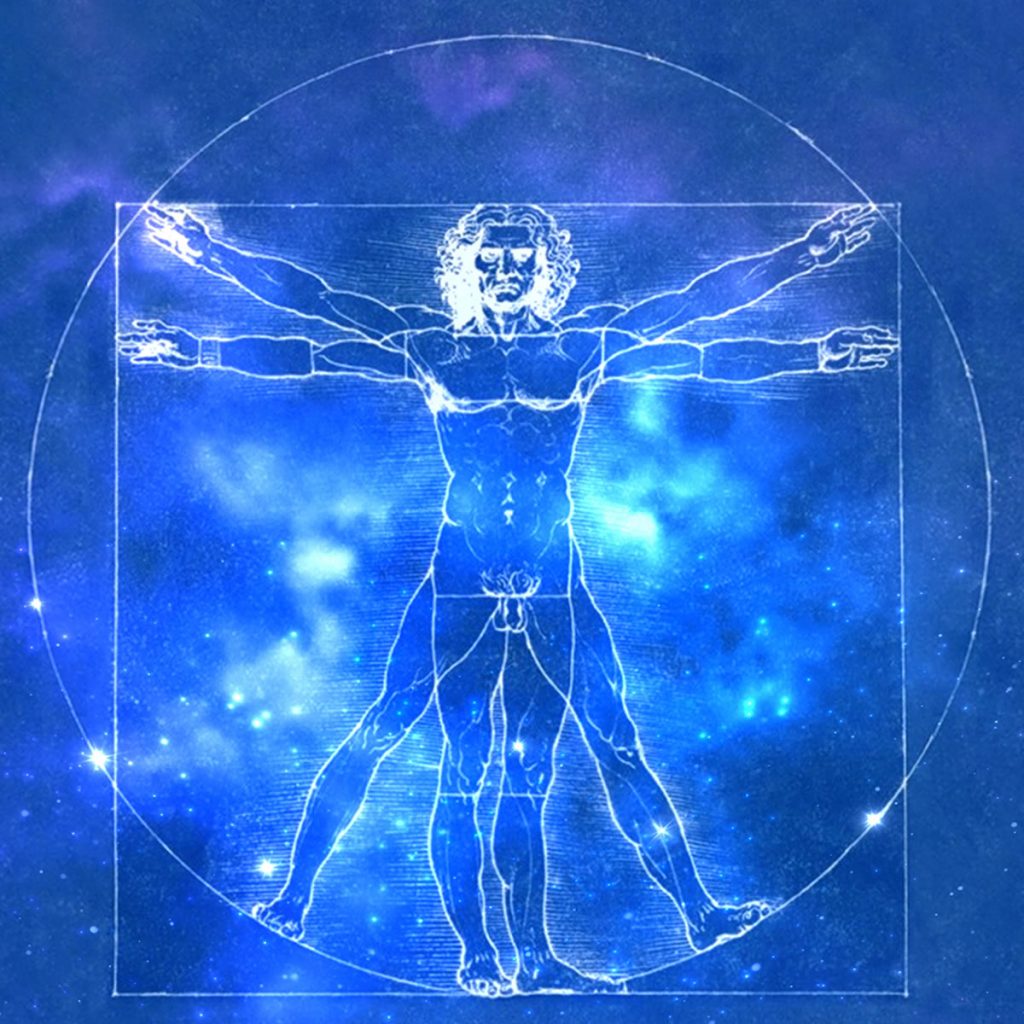
A different guest academic will speak in each region on the theme of BODIES.
LONDON Professor Charles Foster. Green Templeton College Oxford & Faculty of Law, Oxford. Ig Nobel Prize winner. Why I lived like a badger, an otter, a deer and a swift.
CAMBRIDGE Dr James Orr. Former Corporate Lawyer, Cambridge University Philosophy. Cambridge. Embodied Cognition – Can the BODY have knowledge?
OXFORD, WELLINGTON Mike Grenier. Shakespeare- humors and appetites. A polymathic look at how Shakespeare viewed the body, and our appetites. How does Shakespeare use science to create dynamic dramatic characters and situations? How do melancholic moods create tragic heroes and why is it not entirely bad to have the appetites of Jack Falstaff?
GATESHEAD, MANCHESTER Dr Andrew Pinsent – Ian Ramsey Centre, Theology Faculty University of Oxford, Former CERN physicist. A new look at Heavenly Bodies.

Dr Christopher O’Neill
We all want to be happy, so how is that achieved? Is happiness found in fame and fortune? Or in material possessions: house, car, garden, great job? Or maybe the true secret of happiness is accepting that there isn’t one! What’s your guess? Can science tell us how to be happy? Dr O’Neill will review the scientific literature on the secret of happiness.

Julie Arliss
Relationships are the most important part of human life and have the power to make us happy, or utterly miserable! No wonder then, that so many people have thought so hard about how to achieve the perfect relationship. David Hume argued that reason is slave to the passions, but was he right? Is it reasonable to expect something more than blind passion to regulate our relationships, or not? This session will start by examining Plato’s philosophical examination of love and other ancient ideas about relationships before considering the world of online dating, Love Island and Tinder. How and why have the rules of relationships changed, and are people happier? If we ‘dare to be wise,’ Immanuel Kant, what does that mean in terms of relationships, and is ‘not hurting anybody’, Jeremy Bentham, enough?
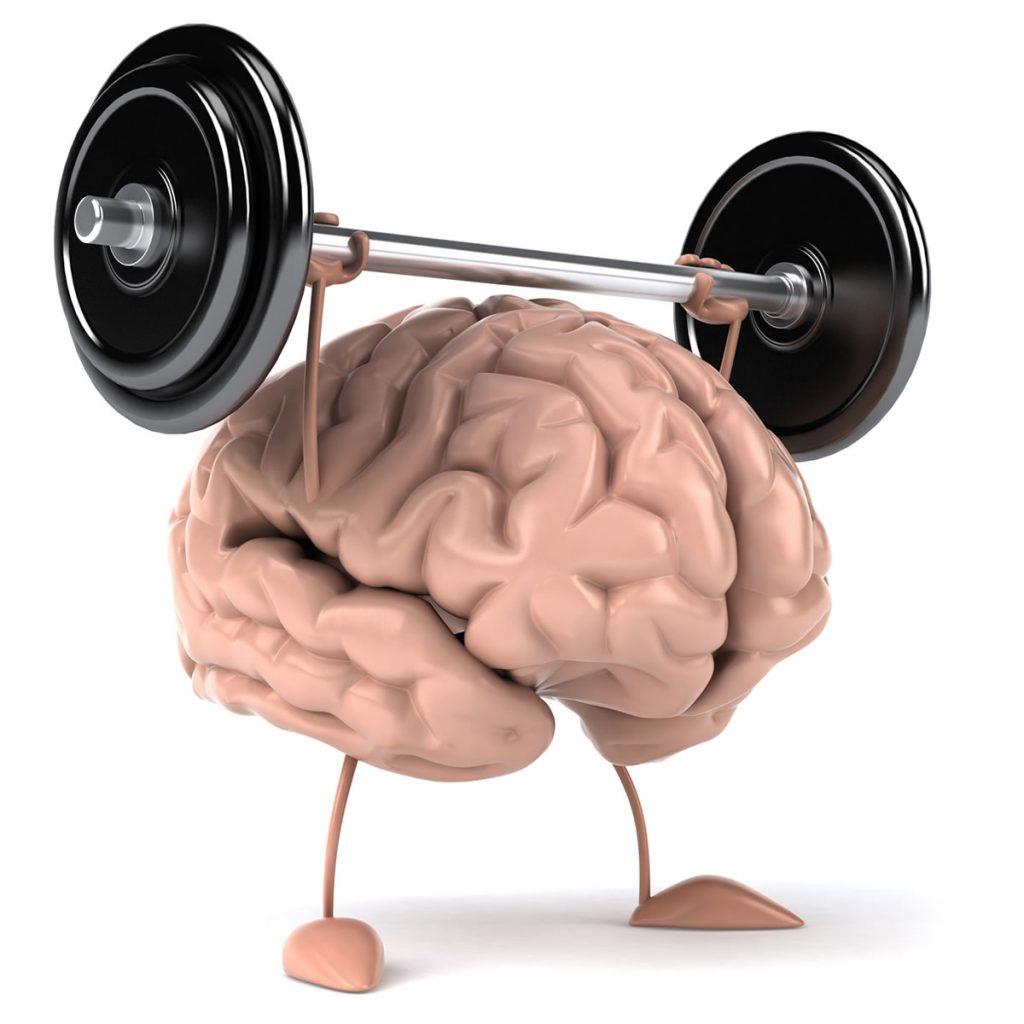
An opportunity for students to contribute to this great debate topic. What do you think and can you persuade others to agree with you? An opportunity for persuasive speech and creative thinking on your feet. Dr O’Neill and Julie Arliss will introduce the debate with just a few brief comments setting out some of the questions, and students who wish to contribute will be given a time-limit of 30 seconds to make an impact.
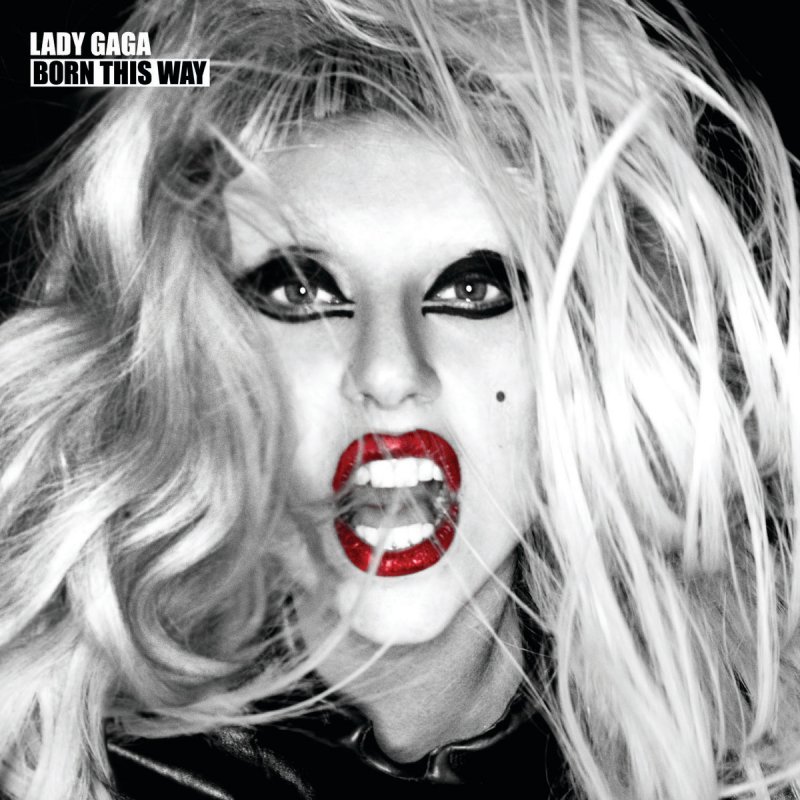
This is perhaps one of the most significant issues for today’s young people to grasp. What defines the culture we live in? Are some cultures more advanced than others or is it all relative? Do art, music, film and architecture illuminate society and create culture or simply reflect it? In a hundred years time what will our generation be remembered for and what would we like it to be remembered for? Students will be given the tools to think creatively about how new cultures emerge and what factors shape and change a culture. The formative role of the individual in cultural shifts will be identified and students will be challenged to think broadly about the kind of culture they themselves might wish to create.
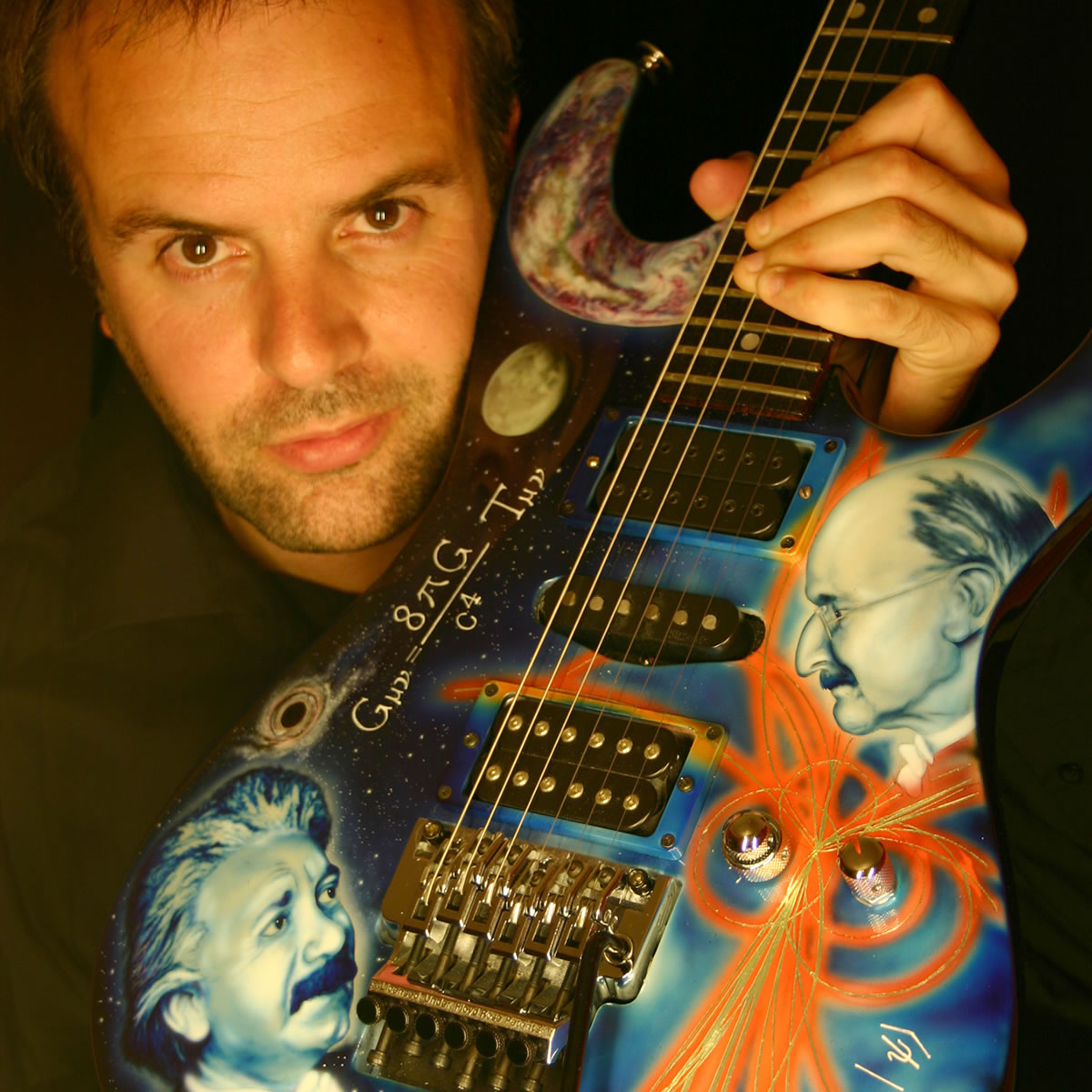
Dr Mark Lewney
This mind-expanding and ear-stimulating lecture will address some of the biggest ideas in contemporary science. The Rock Doctor, Dr Mark Lewney will use his skill with a rock guitar to explore the physics of sound; show how string vibrations might answer questions about the Big Bang; and, how the Large Hadron Collider (LHC) – the biggest experiment ever built – might let us peek into extra dimensions. With hands on demonstrations, mind-bending animations and expert guitar playing, this lecture will get the audience thinking in multiple dimensions. It will also share the wonder and excitement of how innovative experiments, all using the LHC at CERN will give us a glimpse of what the universe was like in its first trillionth of a second, and may even help us discover the origins and nature of matter.

Questions about the origins of the universe have been of seminal importance to scholars for generations. There are many competing theories about how the universe first began and this session will examine the most significant of these. The Big Bang theory is still the most widely held – but if the universe, and with it space and time, came into the existence at the singularity with matter exploding outward with tremendous force and speed to eventually form stars, galaxies and, planets, then what explanation can be given for the singularity? A number of persuasive alternatives will be explored and the issue of whether an explanation is required for the whole spatiotemporal reality will be evaluated. Is it possible that some intelligence lies behind the universe or is it more likely that it emerged by chance? Are such questions worth asking and are they relevant to the modern world?

Civilisations have traditionally held rigidly to fixed views about how human beings should behave in sexual relationships. The contraceptive pill and control of female fertility have arguably led to one of the greatest social experiments that our civilisation has ever known in the sexual arena. This lecture will examine the wide-ranging impact of this experiment, not just on attitudes towards human sexuality, but on art, culture, family life and society. Students will be encouraged to reflect on what sexual ethics looks like in western society today and whether our civilisation needs a sexual ethic or not.
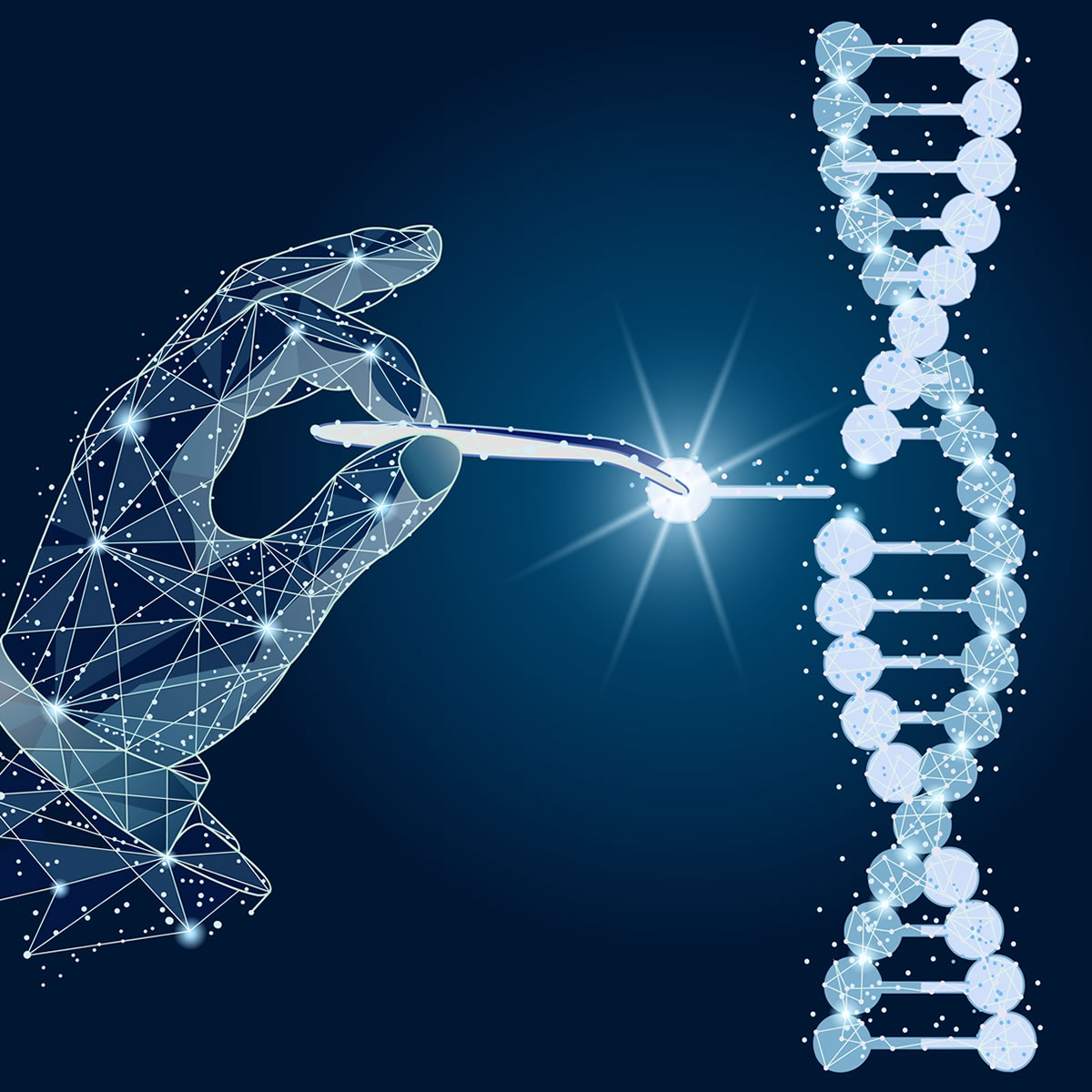
If you could engineer your child at conception for greater intelligence and athletic ability, would you? Should you? The manipulation of matter at the genetic level is increasingly a part of the world in which we live. It is having a major impact on the testing of embryos as well as in the creation of new crops. It is an unrivalled tool for modern scientific inquiry and yet few people are aware of some critical distinctions, such as between somatic cell engineering and germ line engineering. Its impact will be hard to avoid in the future as it promises radically different ways of thinking about reproduction. This session will examine the nature of this work and outline its future potential and also some possible future pitfalls. As with all scientific inquiry there are ethical implications and these will also be examined, including the risk of a future genetic apartheid.
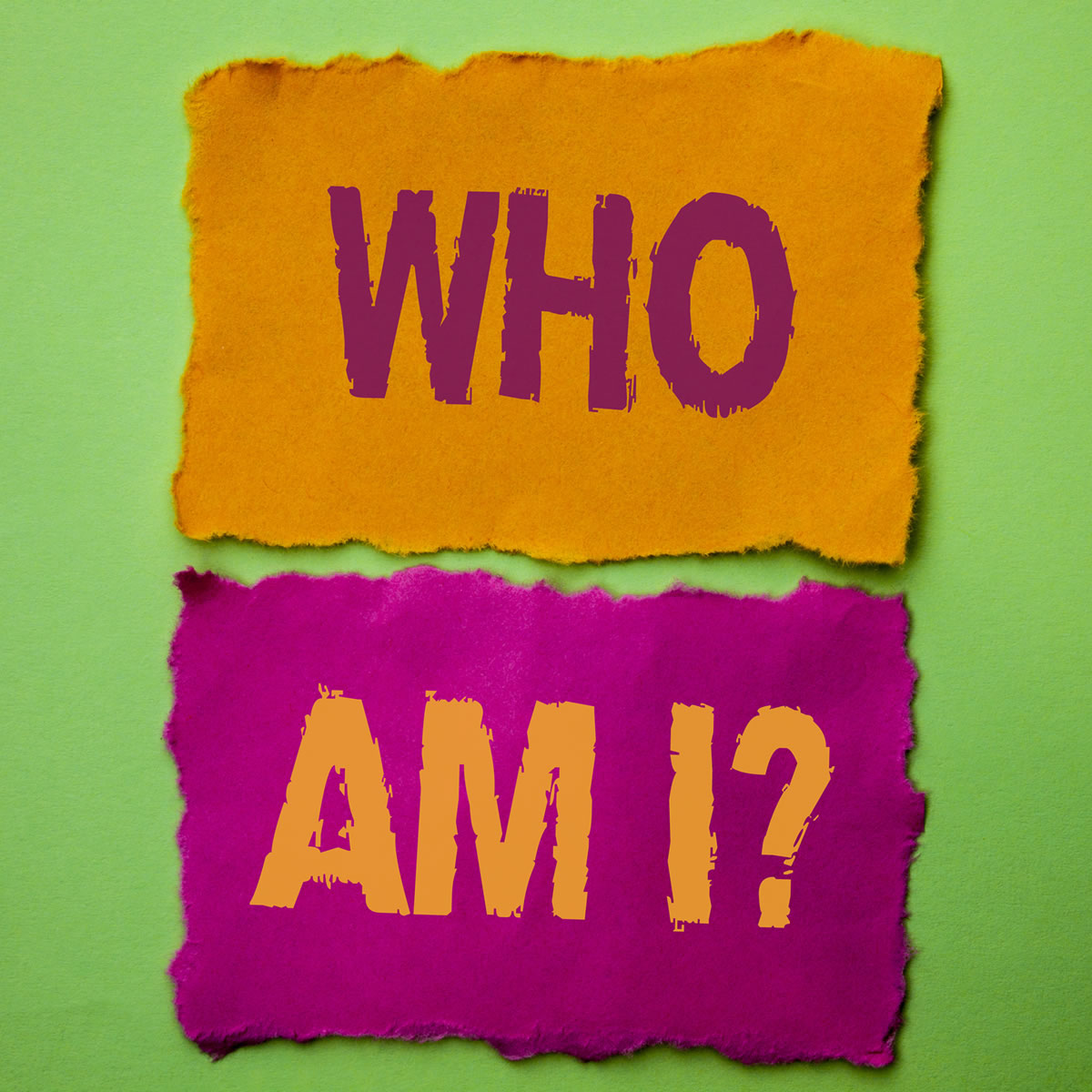
A person might be a gene machine designed to replicate like any other living organism and our personality profiles could have been constructed and determined at conception. This session will ask students to consider who they really are and whether this picture of human life is complete. “Nosce temet,” know thyself Who am I, and is there more to life than this?
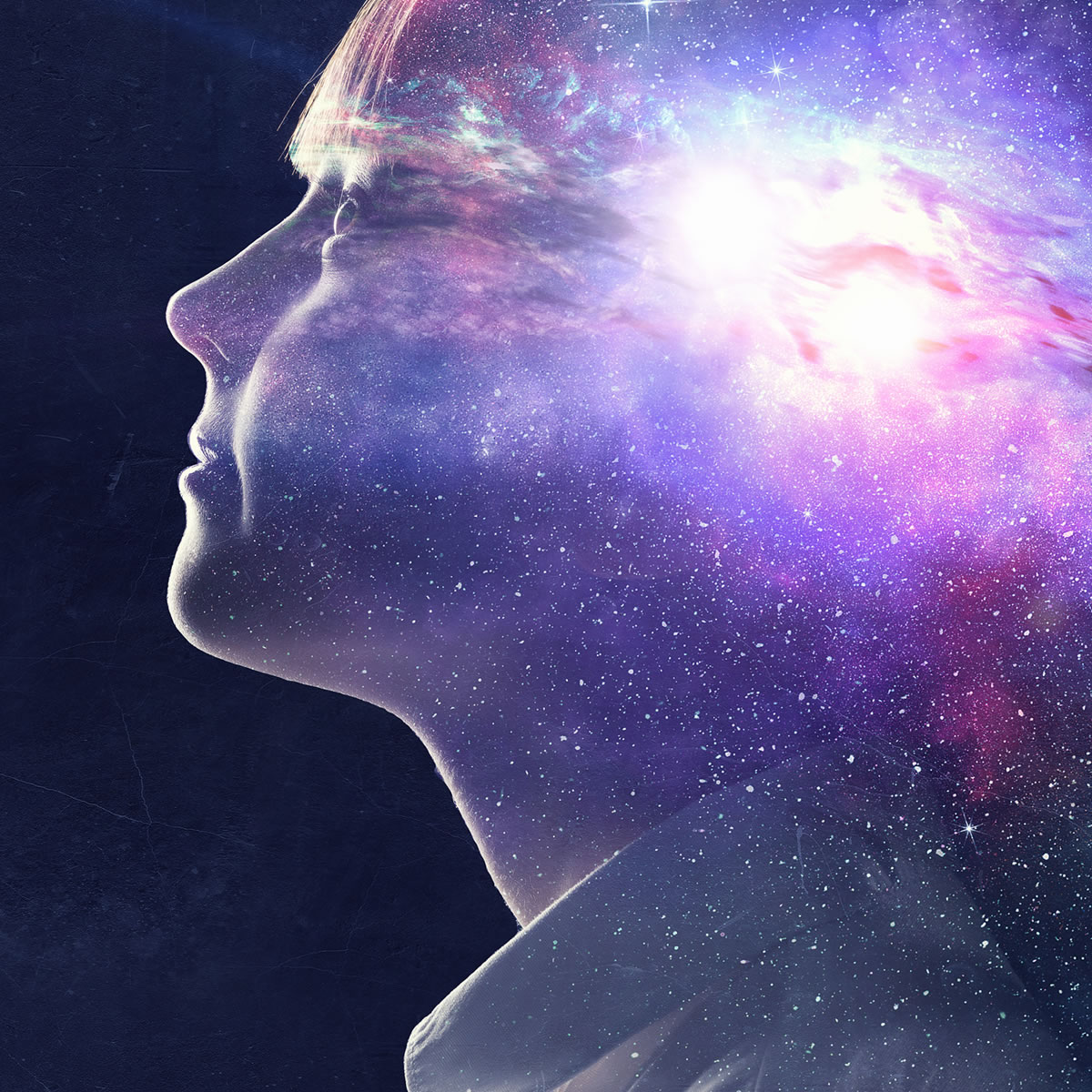
The reports of near death experiences, paranormal experiences, telepathy and the like, as well as the beliefs in many world religions, seem to point to some form of post-mortem existence, but the scientific and philosophical problems associated with these beliefs are considerable. This talk will outline the evidence and examine some of the crucial difficulties, such as what would make the person who died the SAME PERSON as the one who is resurrected. Exploring the arguments and evidence for life after death draws inspiration from across the school curriculum to give students the tools to explore one of life’s great mysteries for themselves.
For in that sleep of death what dreams may come,
When we have shuffled off this mortal coil,
Must give us pause.
Hamlet: Act III, scene 1, line 66.

Who is evil? What is evil? How is this decided and by whom? In books, films and computer games evil people or vampires and their evil deeds are easily identified, but in the real world it is rarely so simple. The sources of evil: individual, corporate and institutional will be dealt with, as well as natural evil. Is picking the forbidden fruit always psychologically determined and necessary or is there freedom of choice? This session will compare a range of responses including Aquinas, Job, Dostoyevsky and Nietzsche to help students to identify the complexity of the issues at stake.

We experience the private nature of our own minds continually but what do we know about other things, and how do we get that knowledge? The human brain is the most complex thing in the universe with 100 billion cells entirely unique to ‘me’. Brain science has shown that the brain is elastic and flexible and can be programmed and re-programmed limitlessly by ‘me’. Medical research has demonstrated the placebo effect (one in 3 patients appear to respond positively to sugar pills rather than medicines). But what is the relationship between the physical brain and the mind; the mind and the body; ourselves and our behaviour? Descartes’ ‘cogito’ will be examined, first in relation to epistemology, and then to theory of mind.

This is an interactive discussion session with a community of inquiry approach. Students will be given a short excerpt to stimulate conversation in small groups and then work as a team to reach a set of ideas. Members of the team are encouraged to make quality contributions, but also to help others to contribute. There will be a member of staff facilitating the discussion before a shared plenary. Issues arising will include reflection on what defines culture, how culture can be changed and whether there is any way of evaluating ‘good’ culture from ‘bad’. Students will also be encouraged to think about the question of tolerance as a cultural idea. Students will be numbered at the start of the day and their number will be their group number for this session.
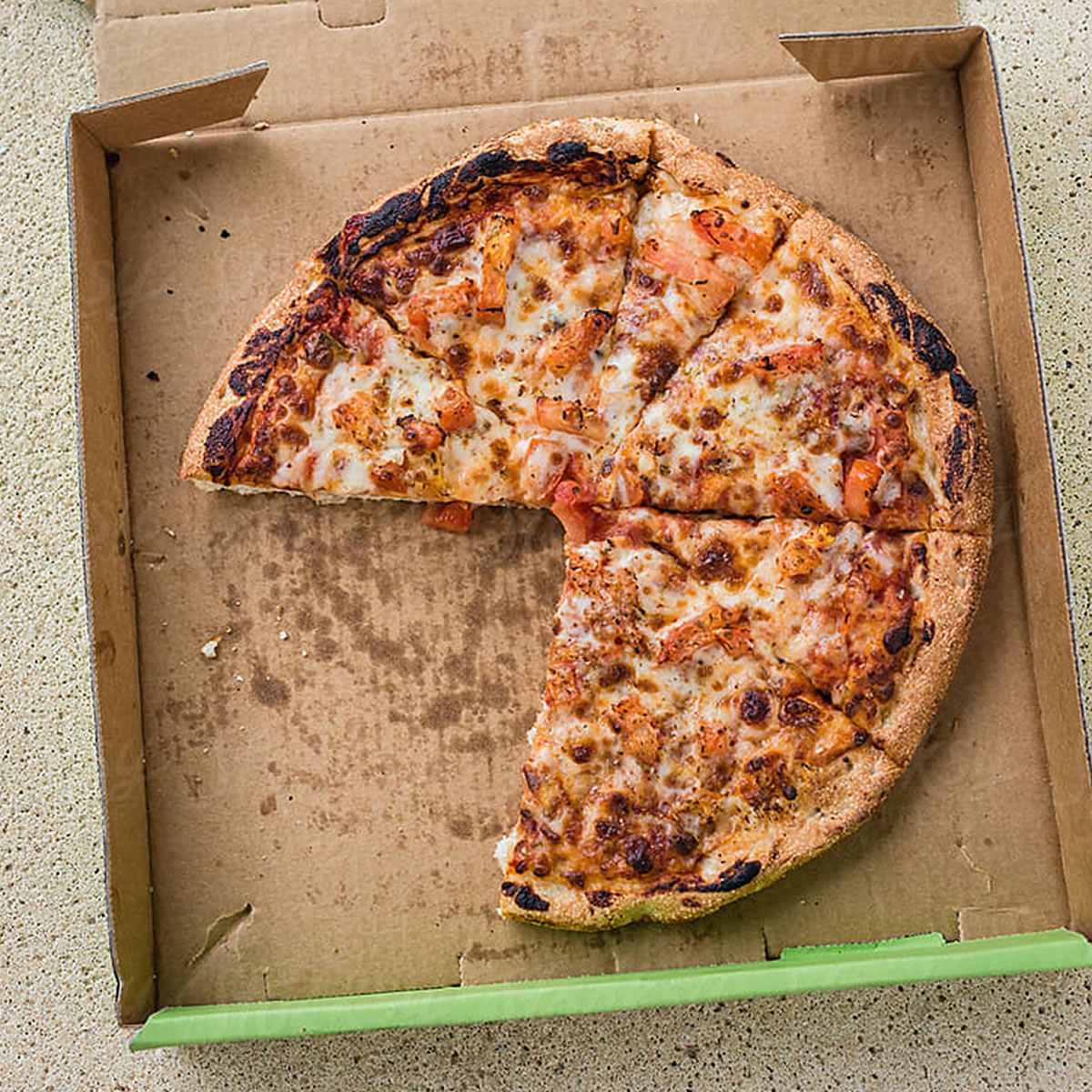
Julie Arliss
This multi-media lecture will explore classical ideas of truth and logic and the role of contemporary social media in re-shaping these ideas. What is an alternative fact? As well as outlining the cultural shift towards ‘post-truth’ and its relation to post-modernism, the lecture will consider the ways in which logic functions, looking particularly at deduction, induction and abduction, as well as the place of logic in post-modern reasoning. The role of logic in the political sphere will also be considered in an age of the dictatorship of twitter-sphere.
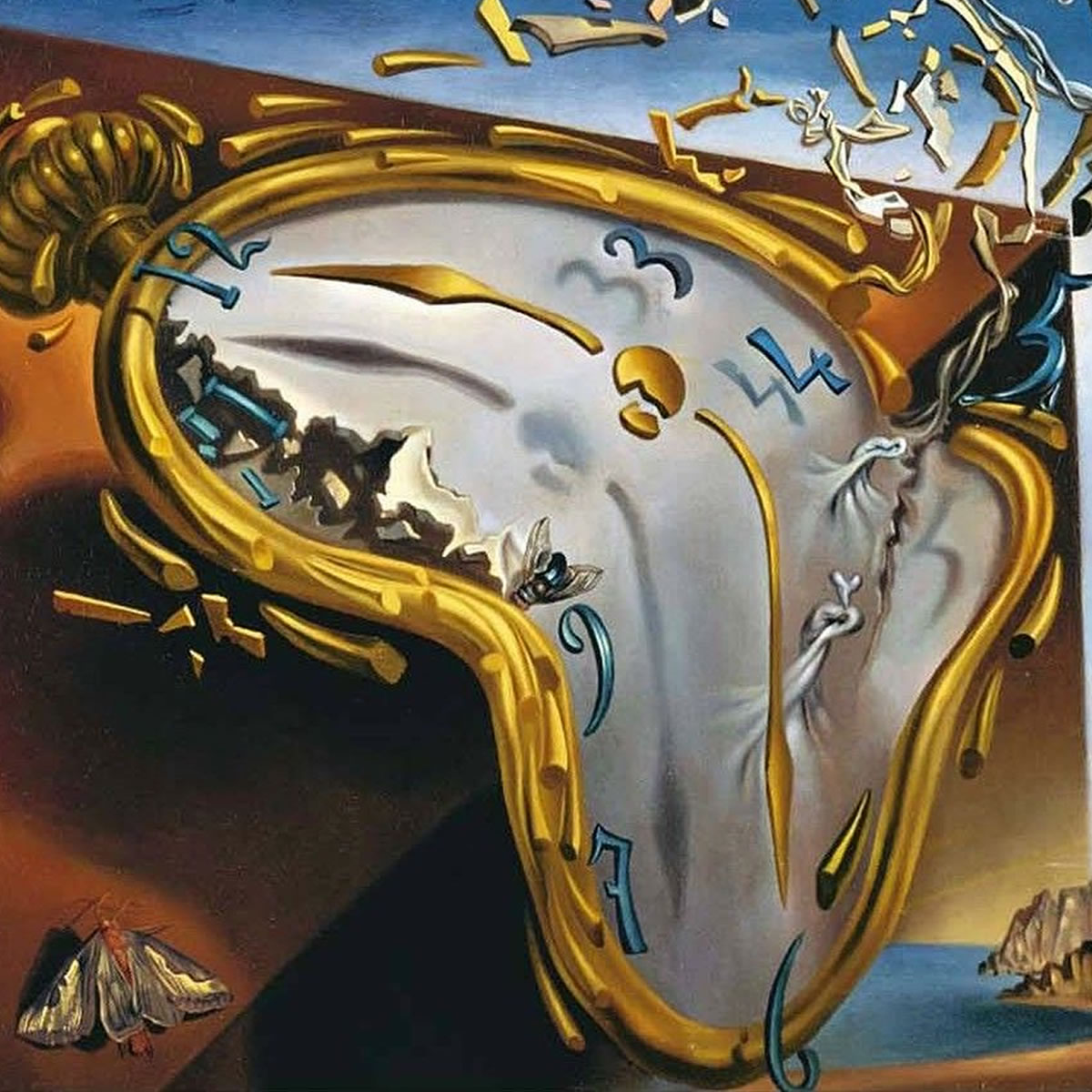
Question of power. Ability to redefine society by controlling perceptions of the past. People understand the present and future in how they conceptualise and comprehend the past. If someone in power can change how the past is viewed, they have a greater chance of controlling the present in that they are able to link the two together. ‘Winners write the history’ ‘History is a lie agreed upon’ Napoleon Bonaparte. Those in power control the media and therefore control the perception of who is right and who is the enemy. This multi-media lecture explores contemporary shifts in culture in relation to the way in which power and persuasion are deployed to control public perceptions.
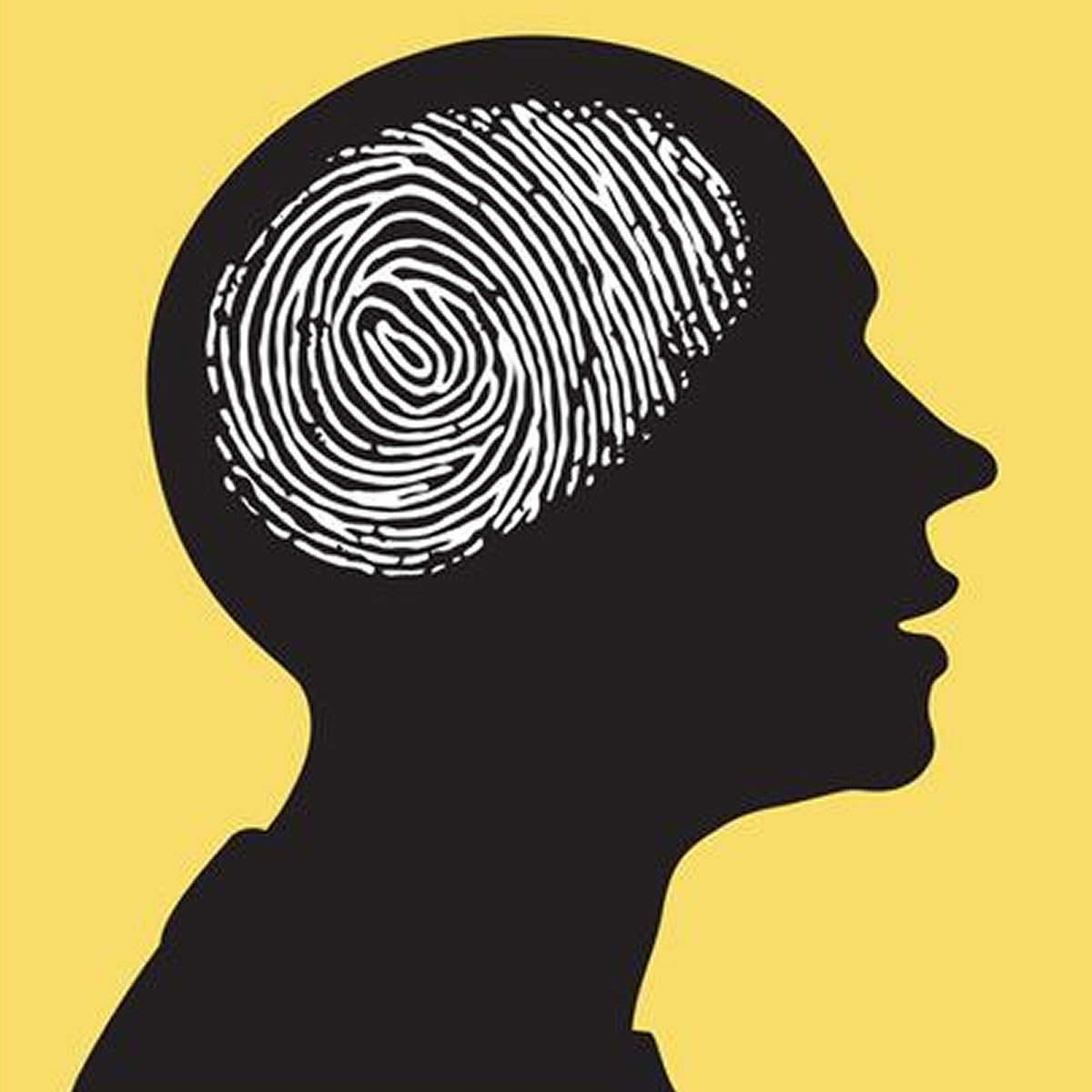
One of the most profound psychological discoveries of the twentieth century was the concept of the ‘self image’ and its relationship to human behaviour – we must act like the person we ‘imagine’ ourselves to be; we cannot naturally and unconsciously act otherwise. This session examines the influence of the self image in our lives particularly in relation to personal performance, significant life changes, and current issues such as ‘body image’ in teenagers, and offers practical techniques for developing a strong, positive self image.
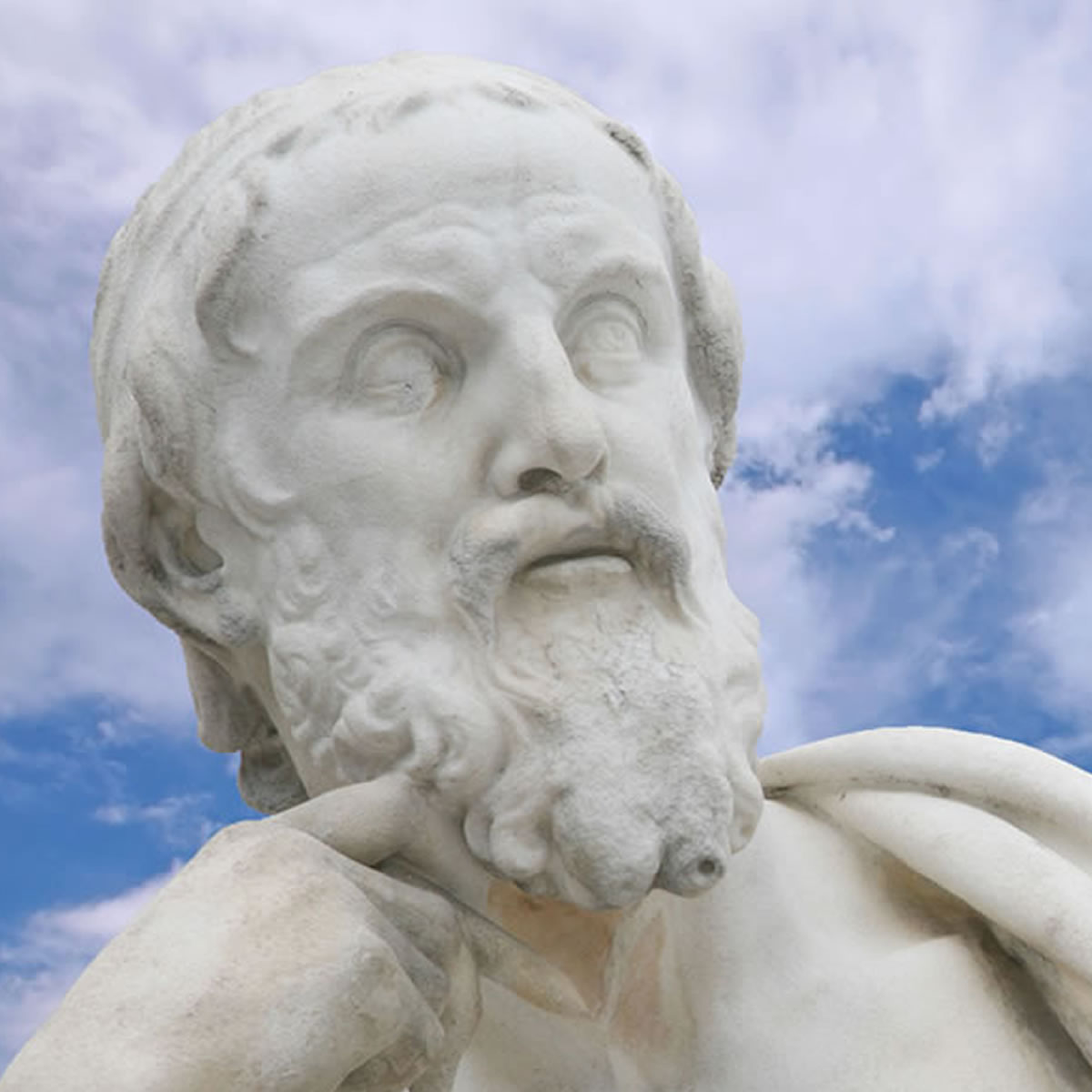
“Do you believe that statues can move, and how might you justify such a belief?”
The Oxbridge Interview – infamous for its obscure and often surreal questions that have terrorised students down the years, is the focus of this session. The questions are designed to see how well you can think on your feet. Julie will expose this Oxbridge entry question (posed to students applying for Spanish/ French languages at Oxford!) to rigorous exploration covering epistemology, the difference between knowledge and belief, (including Plato’s tripartite theory of knowledge), and what is meant by ‘truth’. A wide range of examples will be drawn upon, from the ‘angels’ in Dr Who to the famous Pietà by Michelangelo, to illustrate the breadth of response a candidate might make.

Animals are conscious, but humans are the only creatures in the known universe with the capacity for reason and self-examination. This unique capacity for higher level thinking fuels the growth of civilisations where humanity reveals itself as intelligent, creative, orderly and compassionate. This session will examine the process of thinking itself and look at some of the structures of our cognitive processes that give rise to the expansion of intelligence and the creation of civilisation. Students will be given a theoretical understanding but also some practical techniques for their own mind-expansion.

When your pet hamster dies, where does he go? And will you ever see Hammy again? ‘Most people would rather die than think, and most do!’ In this entertaining but serious presentation, Julie will examine one of the most important questions that remain unanswered by science. What happens when you die? Is that the end, or not? This is a unique opportunity for students to think deeply about the issues at a philosophical level and to examine a range of evidence, including Near Death Experiences and the claims of those who have been resuscitated on the operating table. Has science proved that when you die ‘…er, that’s it!’ or not?
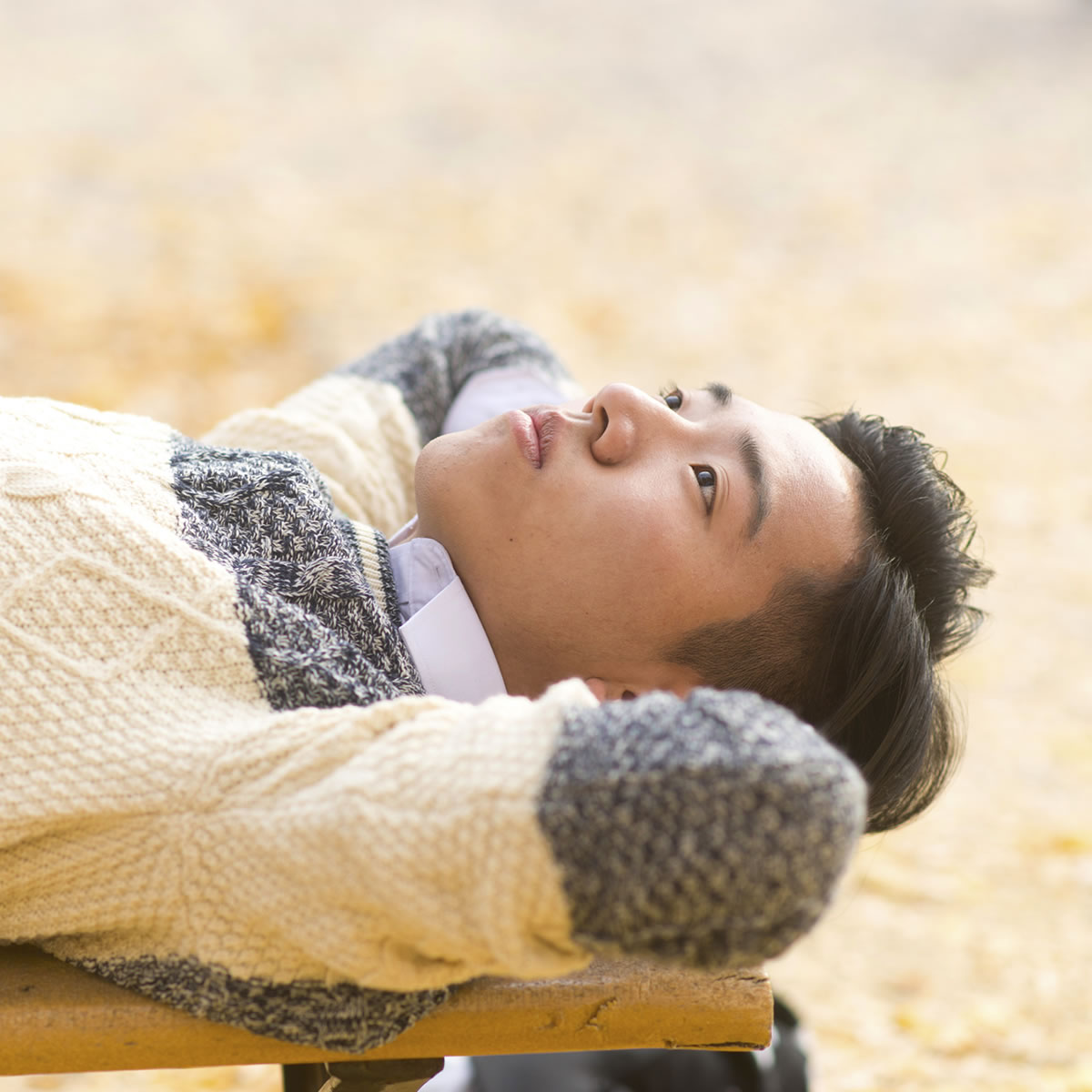
Beliefs are powerful determining forces in our lives: the body cannot do what the mind won’t believe. Some beliefs empower us, other limit us. But just what is a ‘belief’, and how many of our beliefs are self created, or just socially accepted ‘truth’ rather than reality? This session explains how beliefs work in our lives, and offers students an opportunity to develop more empowering beliefs, and a positive self image.
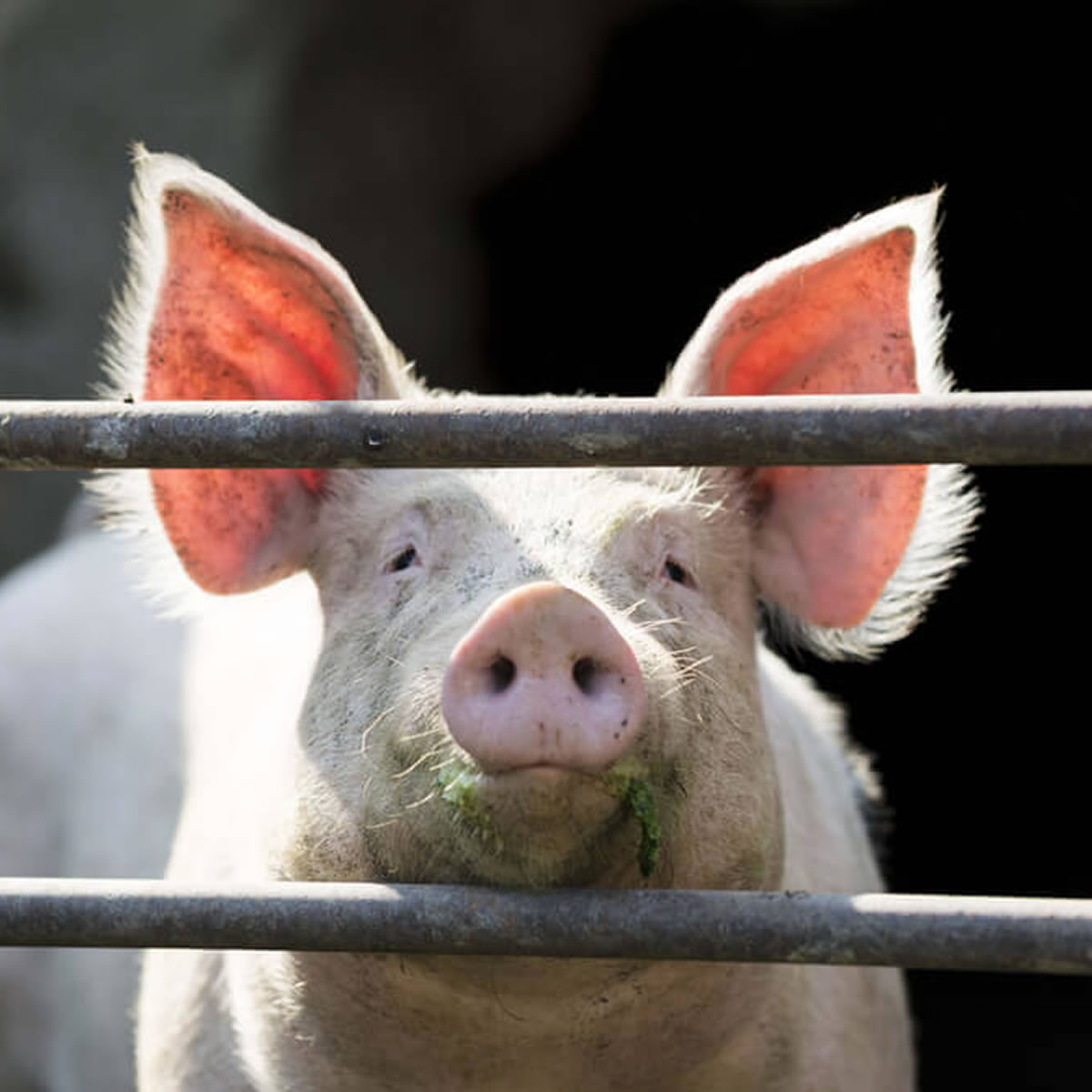
This is an interactive discussion session with a community of inquiry approach. Students will be given short excerpts to stimulate conversation in small groups and then work as a team to reach a set of ideas. Members of the team are encouraged to make quality contributions, but also to help others to contribute. There will be a member of staff facilitating the discussion before a shared plenary. Issues arising will include reflection on what defines altruism, and whether self-survival is the only rational choice.

Dr Christopher O’Neill (University of Oxford)
Contrary to popular belief, outstanding achievement in everything and anything, from maths to marathons, classics to clarinet, from football to physics, does not ultimately depend upon innate intelligence or ability. There are a number of important factors leading to outstanding achievement, which, unlike your genetic profile or the school you attend, are entirely under your control. This session will examine the hard evidence of what really produces a life of outstanding achievement. A fascinating interactive examination of what really makes a difference.

The manipulation of matter at the nanoscale is an unrivalled tool for modern scientific enquiry and yet few people are aware of what nanotechnology is. Rather like the introduction of electricity or the internet, Nanotechnology is set to revolutionise our lives. It is highly likely that it will replace current technologies within the next few decades: its impact will be hard to avoid as it promises radically different ways of operating. This session will examine the nature of this work and outline its future potential and also some possible future pitfalls, including the ethical implications and issues of who benefits and who takes the risks.
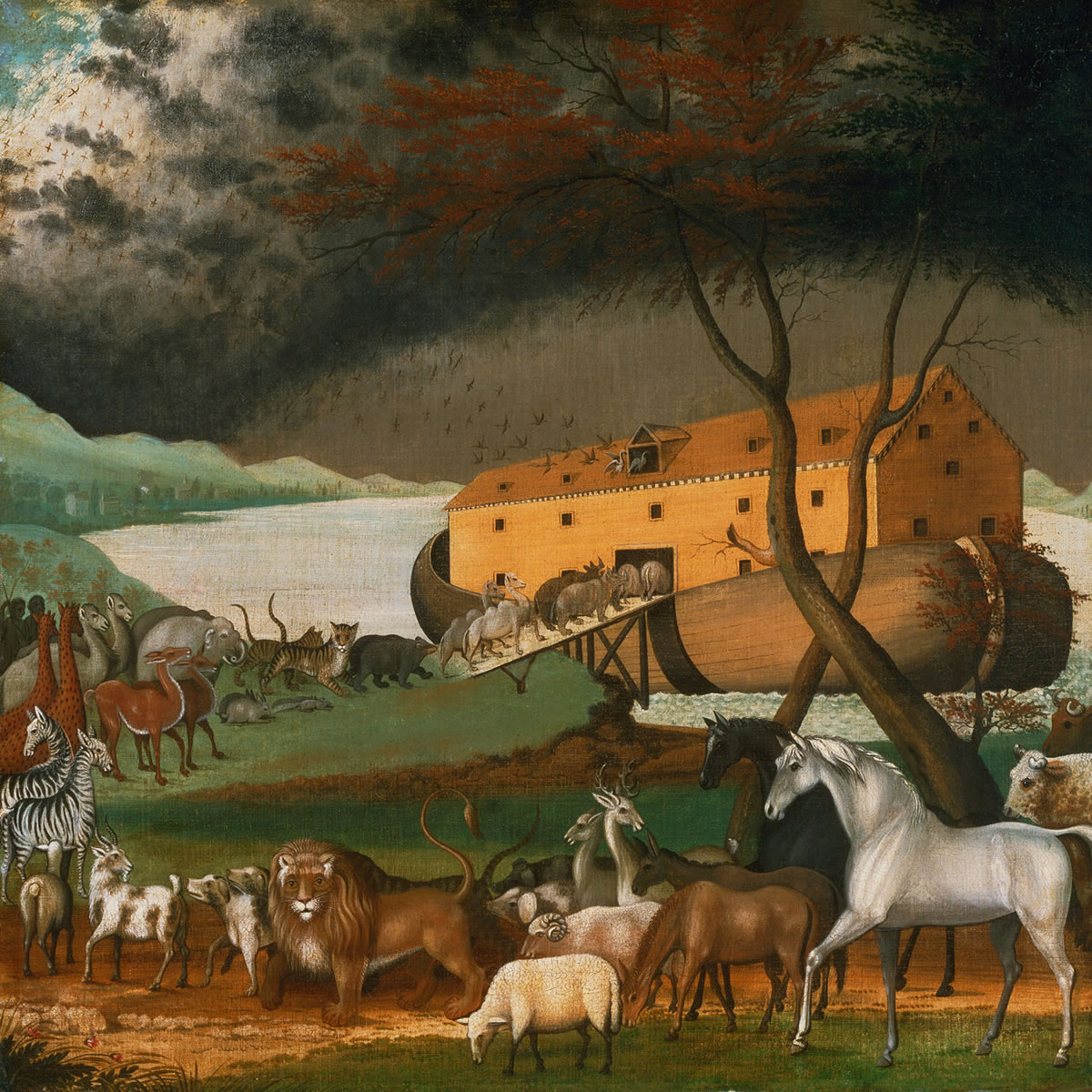
Interview questions for Cambridge and Oxford University are renowned for being able to sort the intellectually gifted from the very bright. “How many animals did Noah take onto the Ark?” was asked at the Cambridge interviews for Natural Sciences and clearly was not designed to test Biblical knowledge! This question tests how well a candidate can apply their education and skills to an unusual thought experiment. This session will invite students to engage in high level thinking by examining a range of responses including discussion of creationism vs evolution; modern day ecology; the relationship between animals, people, rainbows and rain; and a mathematical feasibility study for Ark building.

“All learning has an emotional base”
Plato
Intellectual gifts and talents (IQ) don’t always guarantee success, or fulfilment. We all know people who are highly intelligent, yet have challenges managing themselves or establishing and maintaining healthy relationships with others – because of an under-developed emotional intelligence. Emotional intelligence (EQ) is the ability to identify, understand, and manage our emotions in positive ways to empathise and communicate with others, and achieve greater success and fulfilment, and has been described as “the intelligent use of emotions”. This session students will look at, and experience, practical ways to develop their EQ.
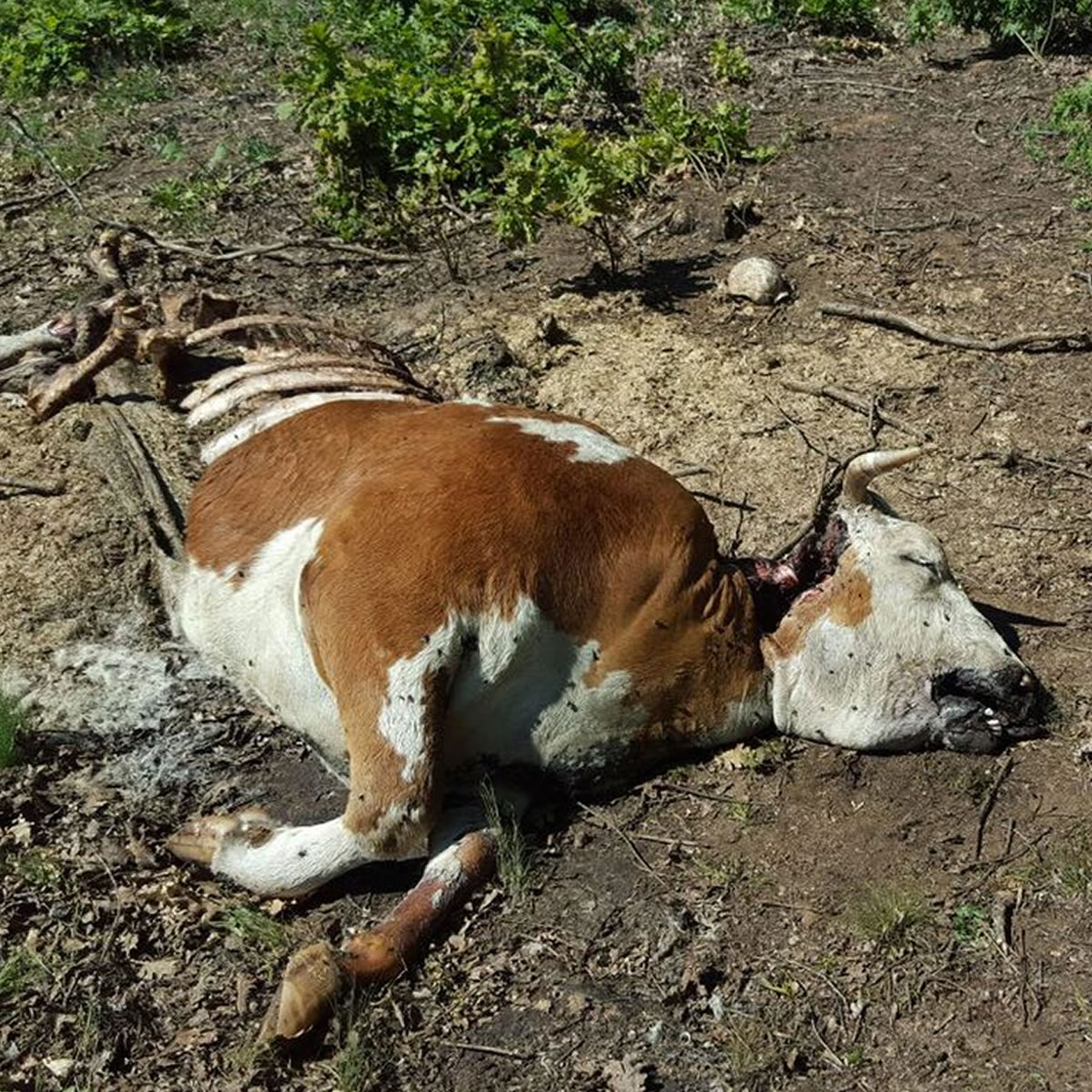
How would you break the news to a farmer that his cow has died?

Are you free to choose who you find attractive, or is it determined? Is deviance a choice or determined at birth? Guaranteed to educate and entertain, this promises to be the debate of the year. Students will be given the opportunity to see the real issues at stake and the challenges presented by this thorny philosophical issue. Current research from modern psychology and evolutionary psychology will be given and students encouraged to participate and to vote.

Jeffrey Hodges
A life of achievement, and making a difference, can sometimes seem like a wild dream – but it can become an outstanding reality. How? What does it take to win an Olympic Gold medal or to excel in any direction in life? Being ‘gifted’ is just the starting block while developing a talent involves far more. In this session dual Olympic Gold medallist coach Jeffrey Hodges will guide participants through a practical process that will generate a positive mindset by aligning your thoughts with your objectives, linking your gifts and talents to a heartfelt vision of your desired future self, empowering you to overcome all obstacles and challenges to achieve your dreams and create your own gold medal reality
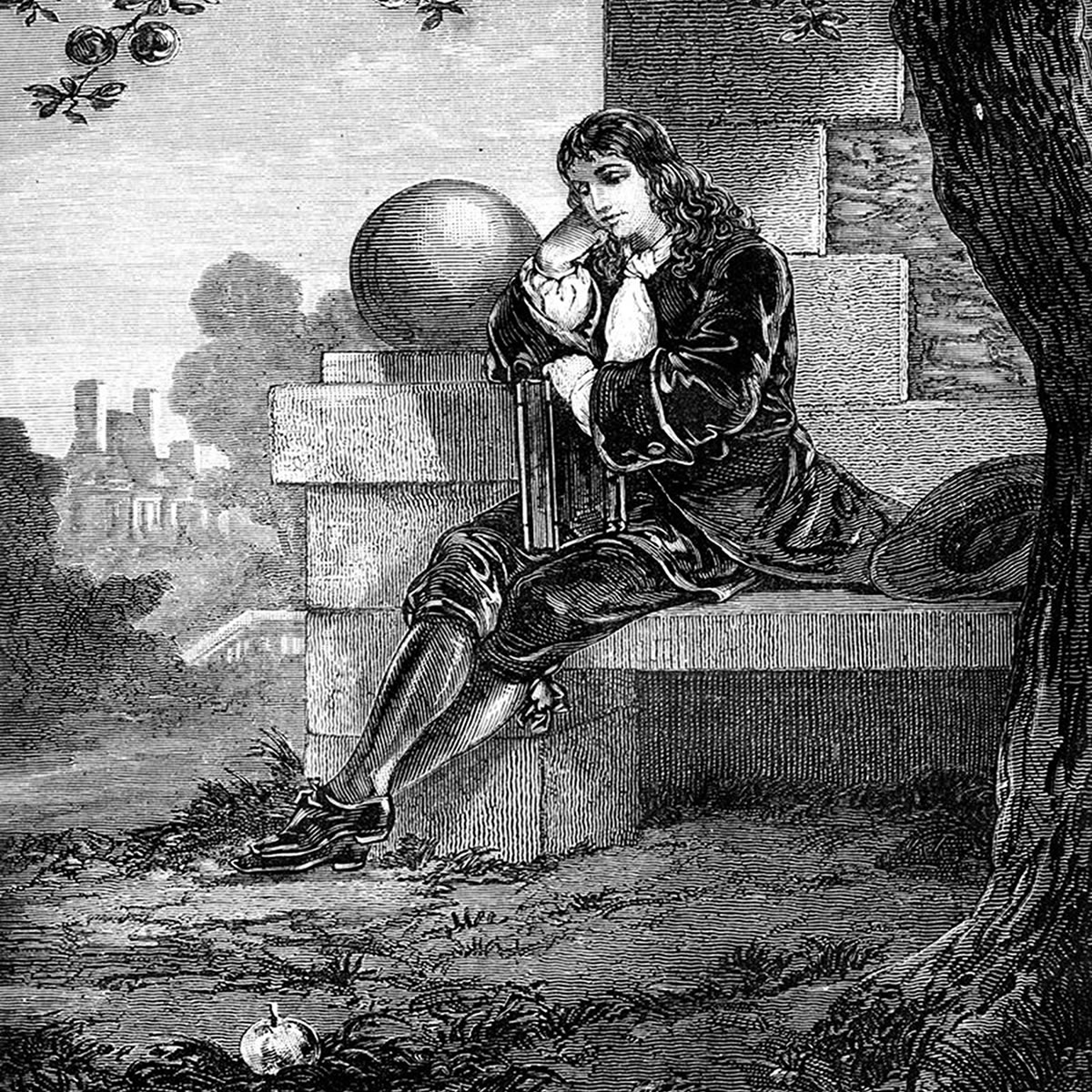
What even is science? Can it tell us everything? How is scientific knowledge tested, and what comes first: observation or inspiration? This session will examine the underlying ideas that frame the slipstream in which science swims and inspire students to think how they, the next generation of inventors, will use science. This is a multi-media session exploring the impact of science on our thinking about big ideas. A range of examples will be used, from leading scientific endeavours, to enable students to critically engage with these questions.

This session will explore how our understanding of human sexual nature has changed in the last hundred years and the relevance of this to modern day sexual ethics and society. Some religious groups take a very conservative ethical position whilst magazines (such as Cosmopolitan or ’17’) and most soap operas have a very liberal view on sexual behaviour. Which forms of sexual behaviour are appropriate and which forms have the potential to do damage to the individual? Can there be any guidelines or is it all relative to the individual and their culture? These and other issues will be outlined and evaluated.

For centuries, humans chose which maths best described reality. From the 20th Century, however, reality began telling us what maths to use, such that it seems that maths might be more than simply something that mathematicians do. Could maths have a reality ‘out there’ in some way? Could maths even be the very fundamental basis of what reality is? Physicist Dr Mark Lewney explores the maths of reality/reality of maths using his custom Ibanez guitar, turned up LOUD!

This house believes that personal preference is all that matters in morality.
This wide ranging debate will help students to engage with the various challenges which can be made to moral relativism and subjectivism. A wide range of examples will be used, including sexual preferences.
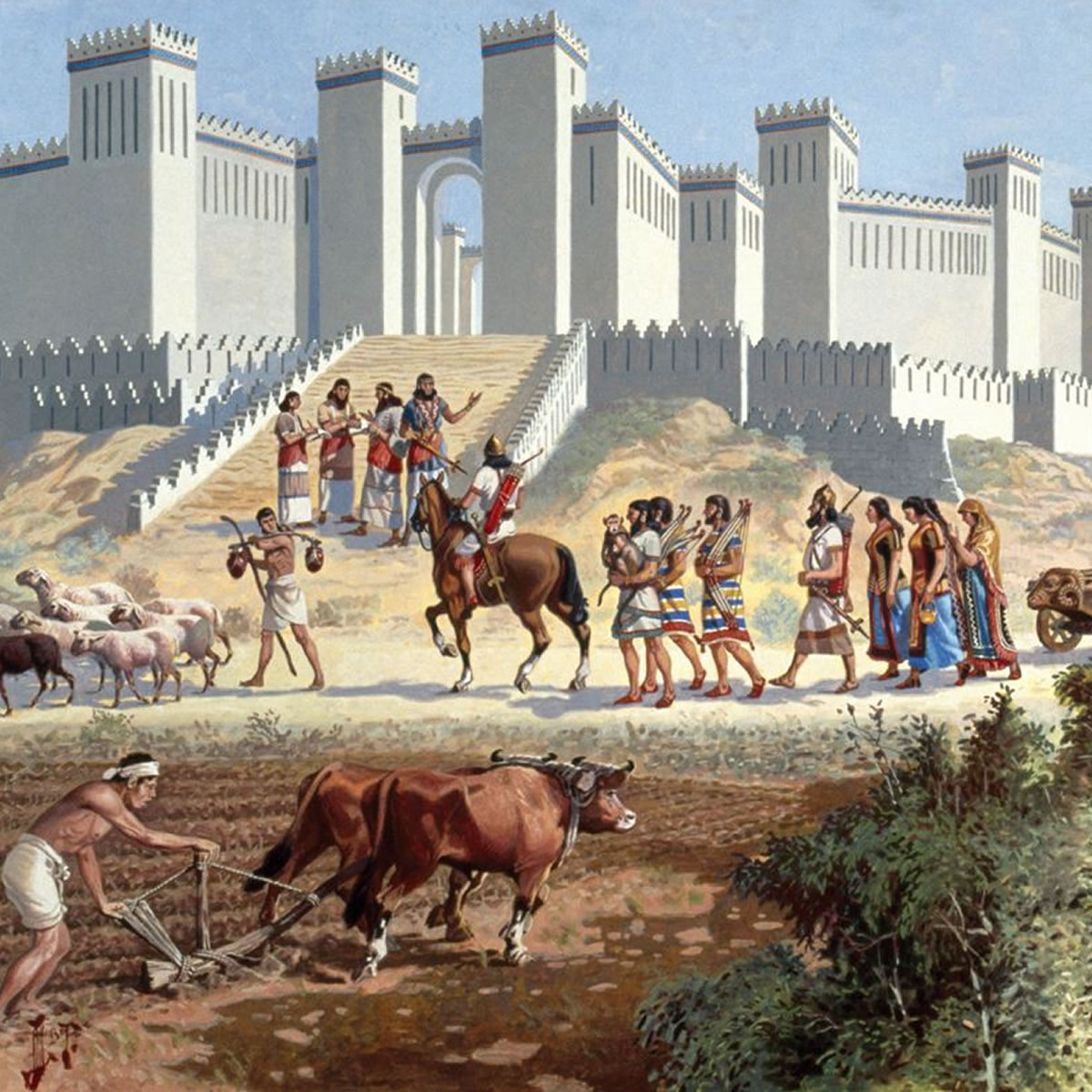
This house believes that without science civilisation would disintegrate into barbarism.

“This House believes that the existence of God can be Known”.
This debate will draw out the importance and practical application of the philosophical tools learned during the day. There will be a particular focus on the epistemic standards required for knowledge claims, including the difference between ‘knowledge’ on the one hand and ‘belief’ on the other. The focus will be on examination of whether there can be religious claims to knowledge and if so whether philosophical justification is viable.

Question of power. Ability to redefine society by controlling perceptions of the past. People understand the present and future in how they conceptualise and comprehend the past. If someone in power can change how the past is viewed, they have a greater chance of controlling the present in that they are able to link the two together. ‘Winners write the history’ ‘History is a lie agreed upon’ Napoleon Bonaparte. Those in power control the media and therefore control the perception of who is right and who is the enemy. This multi-media lecture explores contemporary shifts in culture in relation to the way in which power and persuasion are deployed to control public perceptions.

An opportunity for students to contribute to this great debate topic. From ‘I left my homework at home,’ to, ‘The dog ate it,’ is it OK to lie if it saves your skin? Are ‘white’ lies justifieable to avoid hurting someone’s feeling? It will be argued that ‘Fools lie clever people stick to the truth’ (Michael Scott), and that ‘If you tell the truth you don’t have to remember anything’ (Mark Twain), but what do you think and can you persuade others to agree with you? An opportunity for persuasive speech and creative thinking on your feet.
This is a question that anyone who is a thinker will find themselves asking. Do the ends justify the means? Are there any universal rules? Is lying always wrong? Should there be limits to human behaviour enforced by the state or should people be absolutely free to choose? Students will actively engage with this question and enjoy full participation.

If the newspapers reported that there were a number of ‘dead survivors’ in a traffic accident, what would that mean? Is talk of ‘Life after death’ similarly incoherent or is there good reason to look at this issue more carefully? This lecture will examine the philosophical and religious issues which ideas about Life after death inevitably raise but will also evaluate the claims surrounding Near Death Experiences and other paranormal experiences. The increasingly vocal contribution from Quantum Physics to this debate will also be outlined and evaluated.
37 Fore Street,
Sidmouth EX10 8AQ,
United Kingdom
73B Pullen Road,
Everton Park QLD 4053,
Australia
Trading Partner
Registration Y286412